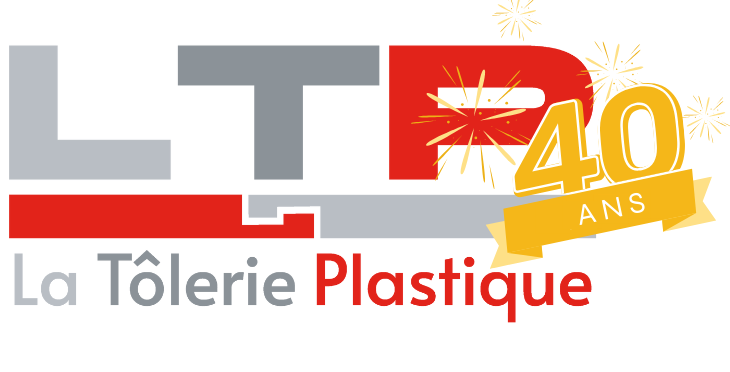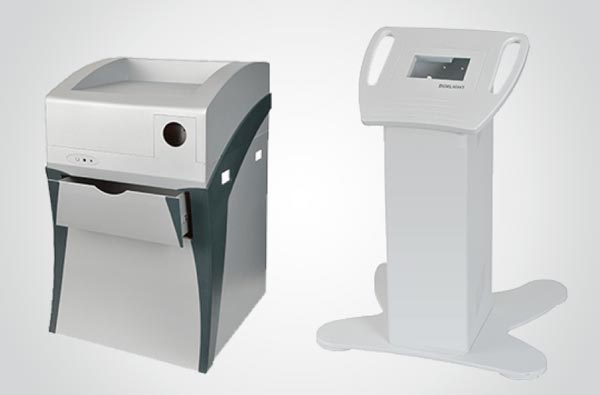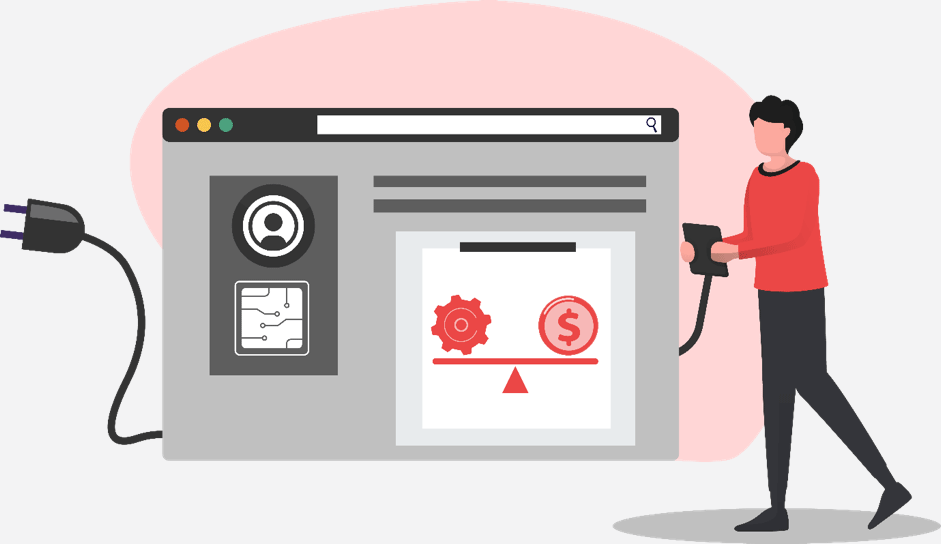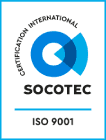Larger plastic enclosures can be designed as robustly as a metal enclosure if the product design suits the device and its working environment well. Since the company’s foundation in 1985, LTP has developed a number of different methods for strengthening large size plastic projects.
This can be done from the inside by reinforcing the metal or composite frame. One of the significant advantages of plastic is that a central processing unit (CPU) made out of plastic is lighter than one made out of metal. Electronic manufacturers can reduce their transport costs and the end customer has a device that can be easily moved. A plastic point of sale (POS) kiosk is a good example of this.
This type of plastic enclosure usually consists of a bottom plate, the main box with an inner frame and a sloping top for the display. The total weight varies between 5 and 30 kg. The same metal case would weigh x 3 for aluminium and x 8 for steel.
Another common use of a terminal is as the central unit of a medical device. The portable parts of the central unit are then connected via a cable, RFID or Bluetooth connection. A custom-designed plastic casing from LTP creates an aesthetically pleasing product family look for the central unit as well as for the application units. In contrast, to medical devices, products used in an industrial environment must not only have a professional look, but also need to be sufficiently robust against oil or chemicals. With a bespoke plastic stand-alone kiosk, all those requirements can be met..
In the health and beauty sector, plastic covers often need to be made out of UL 94 V-0 material, comply with standards such as ISO 13485 and provide good mechanical strength. LTP technology can meet all these requirements.
From the outset, for example, PVC can be chosen as the raw material because of its resistance to chemicals. Or a standard ABS material be selected, including an extra-strong clear lacquer, which protects the exterior of the device from dirt or cleaning agents.




